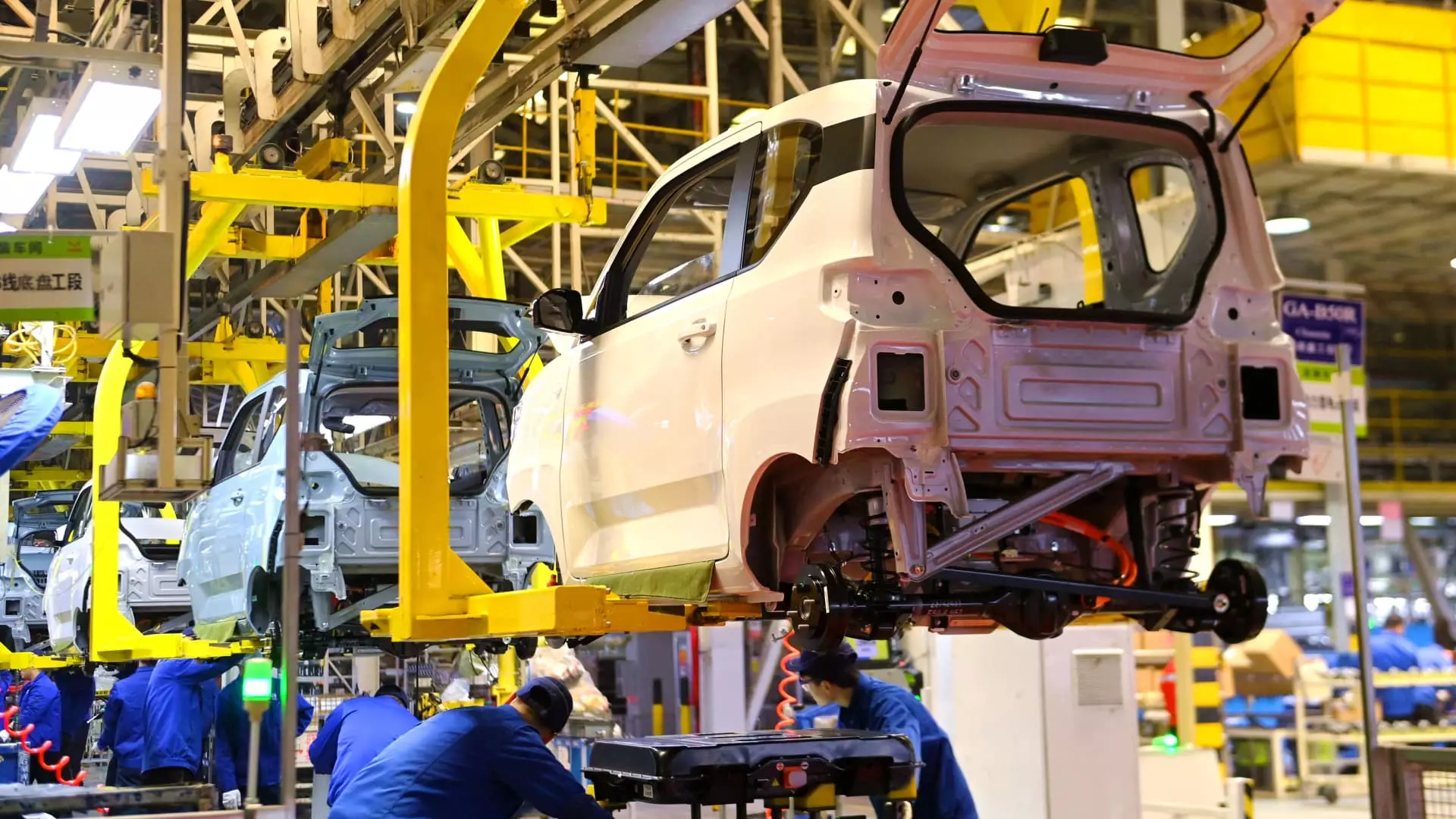China invested a significant amount, totaling $230.8 billion, over a span of more than a decade to develop its electric car industry. This information was revealed in research conducted by the U.S.-based Center for Strategic and International Studies. Scott Kennedy, the trustee chair in Chinese Business and Economics at CSIS, highlighted that this scale of government support accounted for 18.8% of the total electric car sales between 2009 and 2023. Interestingly, he pointed out a decline in the ratio of such spending to EV sales, dropping from over 40% in previous years to just above 11% in 2023.
Kennedy emphasized that Beijing’s backing of electric cars extended beyond monetary support to include non-monetary policies that favored domestic automakers over foreign ones. As a result, the U.S. has not been able to create conditions as conducive as China’s for the development of its electric car industry. This issue brings to light the lack of aggressiveness from Western automakers and governments in comparison to their Chinese counterparts.
Despite extensive government support and market growth for Chinese EV companies, the significant boost in profits has yet to be realized. Kennedy raised the concern that the current market conditions do not reflect a well-functioning market economy. An oversupply of electric cars, along with insufficient demand, could potentially lead to industry consolidation, according to his analysis.
An analysis conducted by CLSA revealed that BYD’s net profit per car decreased to $739 equivalent over the past 12 months, with Tesla’s dropping to $2,919. This decline in profits can be attributed to an intense price war within the EV industry, prompting companies to either reduce prices or introduce lower-priced product lines.
In contrast to China’s substantial support per electric car purchase, which stood at $4,600 in 2023 (down from $13,860 in 2018), the U.S. has been stepping up its efforts to promote electric vehicles. The Inflation Reduction Act, which was signed into law in August 2022, allocated $370 billion for the advancement of clean technologies. As part of this legislation, a $7,500 credit was provided for qualifying electric car purchases, showcasing the U.S. government’s commitment to encouraging the adoption of electric vehicles.
The analysis of China’s electric car industry sheds light on the significant investments made by the Chinese government to support the growth and development of electric vehicles. While challenges such as oversupply, market consolidation, and profitability remain prevalent, the global shift towards sustainable transportation solutions underscores the importance of continued innovation and support for the electric car industry.

